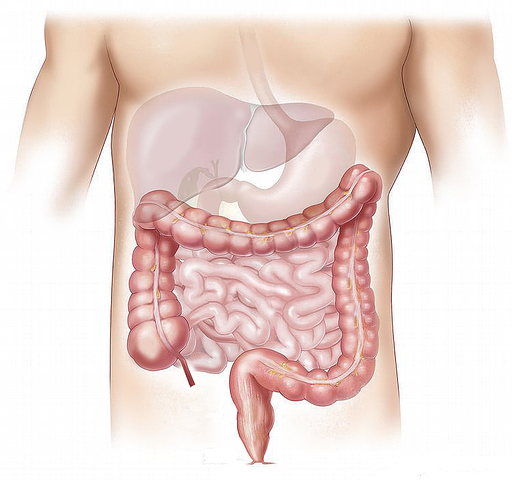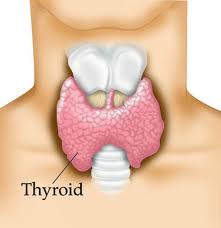Yep, you read correctly – it is not just our tongues that taste food.
While we know that taste developed evolutionarily to protect us from eating dangerous substances and encourage us to eat sufficient calories and nutrients for survival, it turns out that taste goes far beyond our tongues. We actually have taste receptors in our stomachs and right through our small intestines, which play an important role in weight regulation. As nutrients pass through our intestines, they stimulate our intestinal taste receptors, thereby affecting the production of many gut hormones which have an effect to slow down our stomachs and tell our brains that we feel full.
As blogged previously, there are differences in gene expression in the tongue in people with obesity. While research is very new into gut taste receptors, it is entirely plausible that differences in gut taste receptors – our intestine’s ability to ‘taste’ food – may have an impact on weight as well.
With these learnings about intestinal taste receptors, there is now an interest in developing treatments that stimulate these receptors, to enhance the production of fullness (satiety) hormones and help with weight management. There is much interest in functional foods and nutraceutical compounds that modulate taste receptor activity in the gut. For example, the formulation of foods with added bitter, microencapsulated, low calorie content substances is of interest. The idea is that the encapsulation allows the bitter substance to be eaten without tasting it; in the intestine, the capsules are released, our intestines ‘taste’ the bitter substance, resulting in enhanced release of fullness hormones into our bloodstream.
Yet another interesting area of potential treatment for weight management!
Dr Sue Pedersen www.drsue.ca © 2019
Follow me on Twitter! @drsuepedersen












